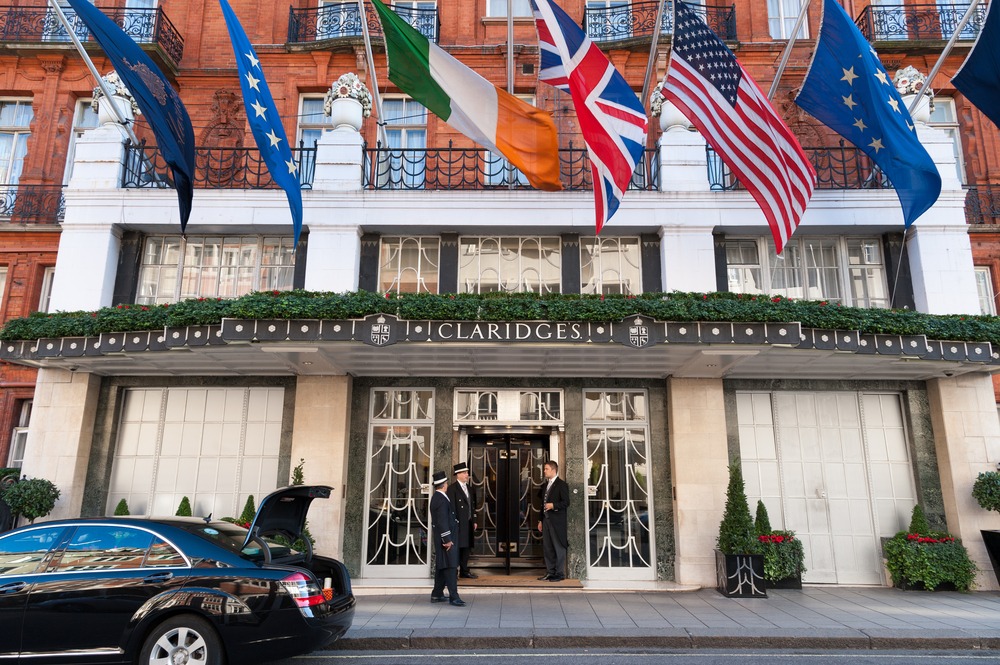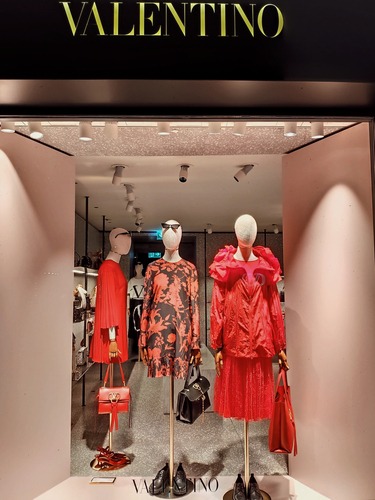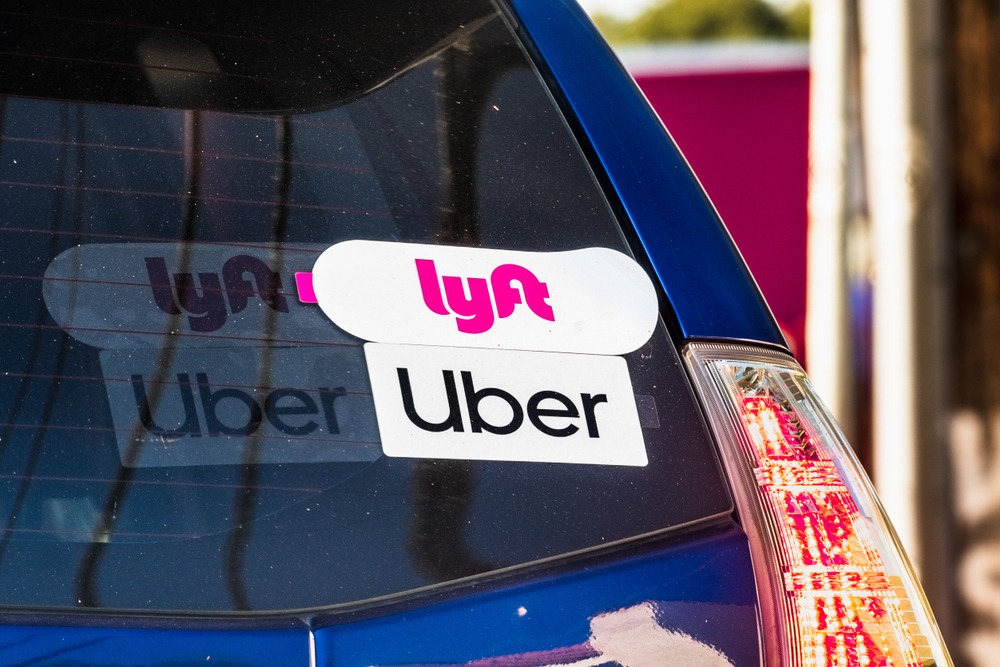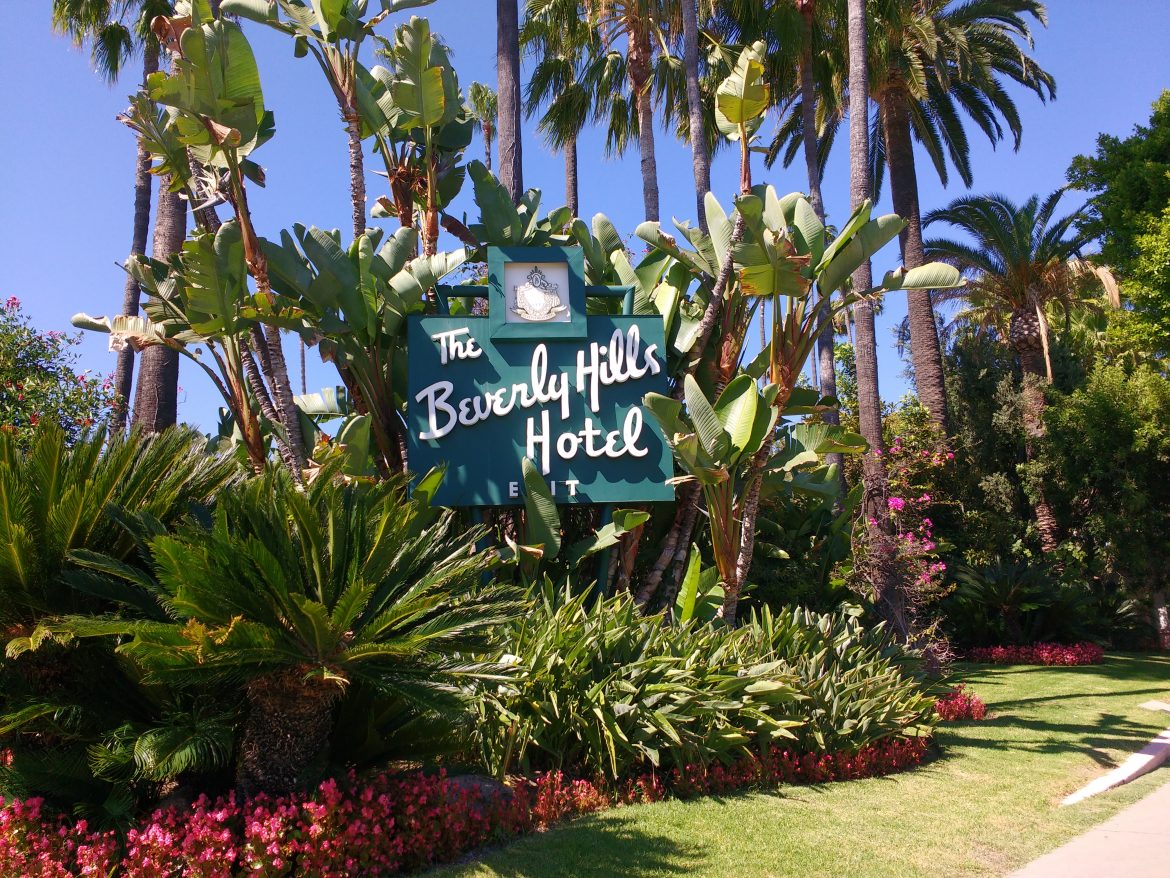In 2014, and again in 2019, The Beverly Hills Hotel came under intense scrutiny. The hotel is part of the Dorchester Collection, which is owned by the Brunei Investment Agency (BIA), a sovereign wealth fund for the nation of Brunei. In 2014, the Sultan of Brunei, Hassanal Bolkiah, attempted to create laws that would punish homosexuals (among others) under sharia law, sparking the boycott of the famous Beverly Hills hotspot.
Then, in 2019, Brunei once again tried to strengthen their sharia law, this time claiming that homosexuals could receive the death penalty. The international community was outraged and another boycott was organized. George Clooney even wrote an op-ed for Deadline in support of the boycott. In the op-ed, Clooney revealed that The Beverly Hills Hotel isn’t the only high-profile hotel owned by the Dorchester Collection. In fact, the collection owns some of the world’s most esteemed properties including The Dorchester in London, the Hotel Bel-Air in Los Angeles, and the Hotel Plaza Athenee in Paris.
The public outcry became a major news story in part due to Clooney, along with celebs like Elton John and Ellen DeGeneres who demanded a boycott as well. Brunei ended up not enforcing the laws due to the immense pressure from around the world, and many saw this as a success and the power of democracy in action.
____________________
Back in January, Passport Magazine attended an IGLTA media event at the W in Times Square. While we were there, I was surprised to see that the Dorchester Collection had set up a table, and was handing out flyers and sets of coasters. As I approached the table, the woman standing there seemed frazzled and anxious. And, really, I don’t blame her. If you do PR for a hotel chain that was just being boycotted some nine months ago by the LGBTQ community, and are now standing alone, at an event full of LGBTQ travel reporters, it has to feel like you’re entering the Colosseum.
I shook her hand and asked her how she was doing. She seemed shocked. I think she was expecting a fight from everyone who spoke to her. I asked her for her opinion on the boycott, and the response was largely sympathetic to the hotel’s employees. She said that many of the staff at the hotel are LGBTQ and that the hotel feared it would have to lay off employees. She then said that the boycott, though probably having good intentions, was misguided. I asked why and was told that tons of companies all around the world are owned by homophobic countries. She said that she didn’t understand what made The Beverly Hills Hotel stand out more than Claridge’s in London, which I was told is owned by a Qatari sovereign wealth fund.

Photo: Alex Segre
This stuck with me. While I understand the boycott of The Beverly Hills Hotel was done out of a pressing need (Brunei was literally implementing LGBTQ death penalty laws), there was also truth to what she said: “Why aren’t we protesting Claridge’s? Better yet, why didn’t I even know that Claridge’s was owned by Qatar? Upon asking others what they thought, it became clear that they too had no idea Claridge’s has Qatari ties. I then set out to discover what else might be owned by countries that have cruel LGBTQ laws and other human rights violations.
____________________
The first thing we need to discuss is sovereign wealth funds (SWF) because these are where a lot of the foreign investment comes from. An SWF is a state-owned investment fund comprised of money from a country’s excess reserves. It’s a way for small countries to generate income outside of their territorial borders. Brunei and Qatar aren’t large countries, and therefore have limited amounts of natural resources to produce themselves. By investing overseas, it allows small countries to generate large sums of wealth.
I tried to dig deeper into properties owned by Brunei but instantly hit a brick wall. Aside from a Guardian article which shows that numerous properties around London are owned by the BIA, it was difficult to find any information. The agency’s website is practically bare, revealing absolutely nothing about the company or what it does. Investopedia even cites the BIA as having little government oversight (since it’s run by its government) and that obtaining information on it isn’t easy.
I did manage to discover that BIA owns a few other hotels around the world, like the Royal on the Park in Brisbane, Nusa Dua Beach Resort in Bali, and two in Singapore – Royal Plaza on Scotts and even the Grand Hyatt Singapore. If you’re asking how this is possible, it’s because of the complex world of business partnerships, subsidiaries, and a lack of transparency. Asian travel site TTRWeekly did some digging and reached out to Hyatt, who confirmed that the Grand Hyatt Singapore is managed by Hyatt, but is owned by Borneo Properties, a subsidiary of BIA.
____________________


Photo: Tamara Fesenko
Frustrated with the lack of information I was finding about Brunei, I moved on to Qatar, another country that is extremely hostile towards the LGBTQ community. Homosexuality is illegal in Qatar, and in February of 2020, Northwestern University’s Doha campus had planned to invite the band Mashrou’ Leila (whose lead singer is gay). But after public outcry in Qatar, Northwestern was forced to cancel and move the event to their Illinois campus instead.
It turns out that Qatar owns the Maybourne Hotel Group under its SWF, the Qatari Investment Authority. Maybourne owns The Berkeley, The Connaught, and Claridge’s in London, as well as The Montage in Beverly Hills.
During a segment on CNBC, it was even revealed that Qatar owns more property in London than the Queen herself. Their portfolio includes the famed Harrods department store, The Shard, and the HSBC Tower. Qatar even owns shares of British Airways and London Heathrow airport, and another Qatari investment firm, Mayhoola For Investments, bought out the posh fashion house Valentino.
____________________
Naturally, my investigation started leading me towards Saudi money. Saudi Arabia has a horrible record of human rights violations, not just for homosexuality (which is illegal), but for anyone the government deems to be a problem. A segment on PBS stated that, in 2017, Saudi paid $27 million to lobbyists, and has given millions to think tanks like CSIS, Brookings, and the Middle East Institute. According to CNN, within the last decade, Saudi Arabia had investments with companies like Tesla, Uber, Lyft, Snapchat, Twitter, WeWork, and even has stakes in the Four Seasons Hotels and Resorts, along with many more.


Photo: Sundry Photography
____________________
So the question we have to ask is, why The Beverly Hills Hotel? Why did we all get so up in arms about the Dorchester properties, but at the same time, had no idea that Snapchat has Saudi investment? I’ve been thinking about this a lot. Is it because Brunei is a small nation, and we somehow think that therefore we can make a difference? Do we assume Saudi Arabia is too big and too powerful to boycott?
And what about the news we receive? How, in those countless news stories and celebrity testimonials, was it never mentioned that this was just the tip of the iceberg? Even this very article isn’t a full representation of companies owned or funded by homophobic money. The world of finance is horrifically opaque, and following the trail of breadcrumbs isn’t easy.
I’d like to wrap this article up with a nice little bow, but I can’t. I think for a lot of us, before The Beverly Hills Hotel controversy, we had no idea that Brunei was making money off a US property without anyone knowing it. So, perhaps it can be seen as a moment when the world woke up to a reality it never knew existed. It’s also true that Brunei didn’t implement the death penalty law due to the international outcry, so the boycott was certainly a success. But there’s still an elephant in the room, a question that we as a civil society who believes in human rights needs to address. And that question is, where do we go from here?


